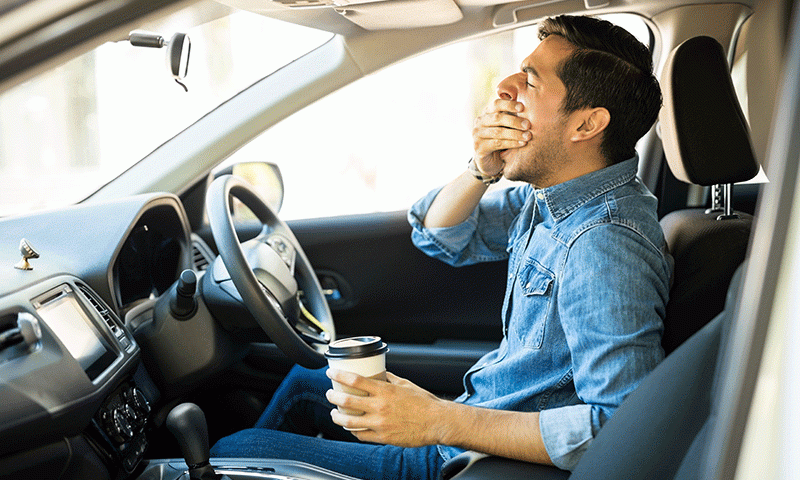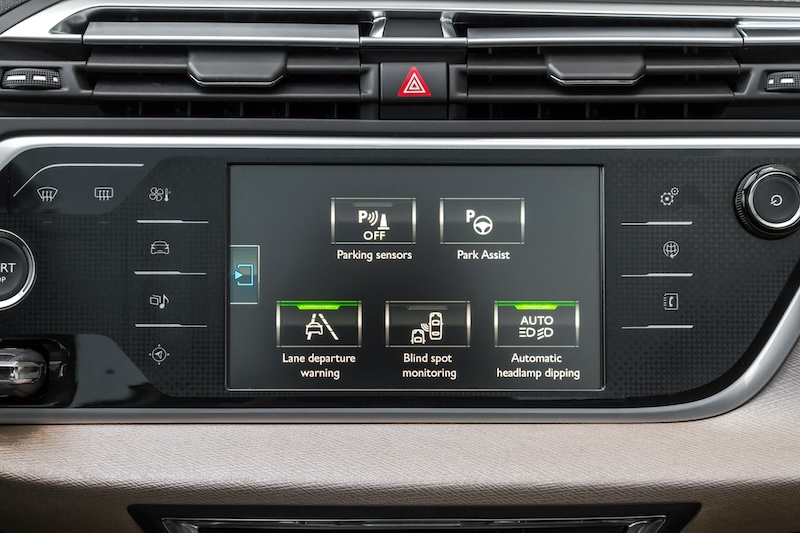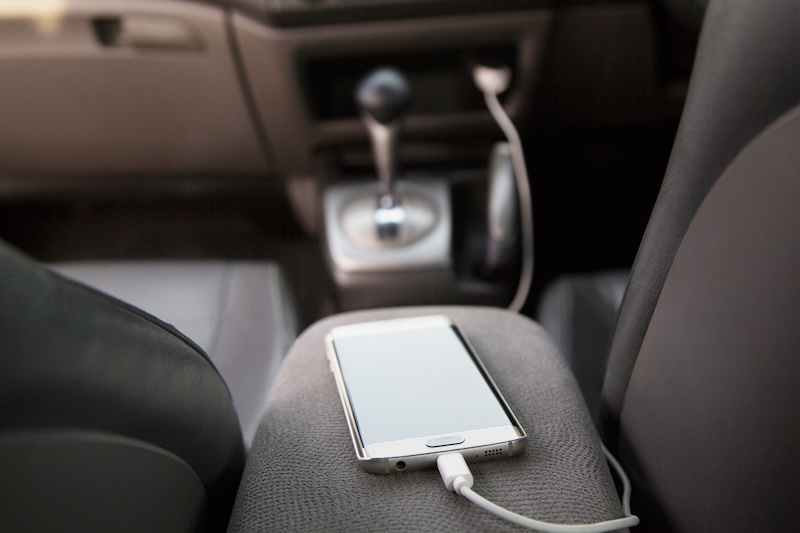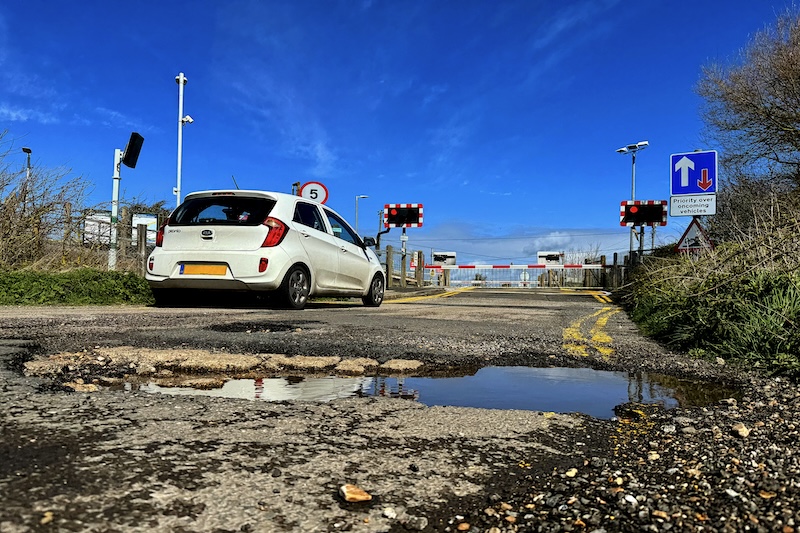Top tips to prevent driving tired

Driving to work while still half asleep is something that lots of us do everyday with most people don’t see it as an issue.
But, driving tired is a serious problem that results in thousands of car accidents each year.
In fact it’s reported that 1 in 5 accidents on major roads are caused by tiredness.
So why is it that speeding, drinking, phones and drugs take the limelight, when tiredness is just as, if not more dangerous?
Why is driving tired so dangerous?
You might not think that closing your eyes for a few seconds isn’t that big of a deal.
1 in 3 drivers have admitted to having experienced a micro sleep, but what if your microsleep; this can be for just a few seconds, but can also last up to 30 seconds.
If you’re driving at 70 mph and you fall asleep for six seconds, that’s 200 meters that you are not aware of. This is enough time to change lanes, go to the other side of the road, or pass through a traffic light.
How much sleep do you need to drive safely?
Scientists at Oxford who work on the journal, Sleep, have been studying the effect tiredness on driving and the results are pretty astounding.
Your risk of crashing is highest if you get fewer than five hours of shuteye a night.
That’s like driving with a blood alcohol concentration roughly 1.5 times the legal limit, the researchers explained.
But even those who sleep fewer than seven hours a night are more likely to be in a crash – and to cause it.
Experts advise adults to get between seven and nine hours of sleep each night.
But it’s estimated that 20% of people fall short of this recommendation, usually sleeping less than seven hours.
Four signs that you’re too tired to be driving
Reducing the occurrence of driving when tired starts with being able to recognise the signs that you’re not fit to be behind the wheel.
Maureen Short, a Human Factors Expert and Senior Safety Engineer for Chevrolet, has provided four commons signals that our bodies are fatigued and our ability to drive may be impaired:
- Yawning
Continually yawning or the inability to keep your eyes open - Memory lapse
If you don’t remember the last couple of exits or last couple of miles - Lane deviation
If you’re starting to go back and forth in the lane, drifting from lane to lane and/or engaging the rumble strips on the side of the road - Unsafe driving maneuvers
Frequent tailgating, braking or other unsafe driving maneuvers are a sign you may be dozing off, especially if active safety features (like lane keep assist, lane departure warning and others) have been engaged more than average
What can I do to keep alert behind the wheel?
Winding down the window or turning the radio up aren’t effective at combating tiredness.
If you find yourself doing these things, it’s a sign you are sleepy and need a break.
- You should make sure that you’re in a fit state to drive, both mentally and physically. Try not to set off on any journeys if you feel that you’re tired
- Try not to drive for long periods between midnight and 8am because you’re naturally more ‘switched off’ during this period
- If your journey is a couple of hours long, make sure you stop every couple of hours
- If you need a rest, stop and have a sleep in services, or in a safe place. The hard shoulder of the motorway is NOT a safe place to stop and sleep
Is it illegal to drive when tired?
Since it’s difficult for the police to measure, there’s no offence specific to driving when tired.
If you’re found to have been asleep when an accident occurred, depending on the severity of the collision and any injuries sustained, you could find yourself charged with dangerous driving, the penalties for which can be severe.
You must tell DVLA, if you’re drowsy or sleepy because of a medical condition. Not doing so, can result in a fine of up to £1,000.
Want to find out more about driving safely? Check out our road safety hub where you’ll find out everything you need to become a safer driver.


